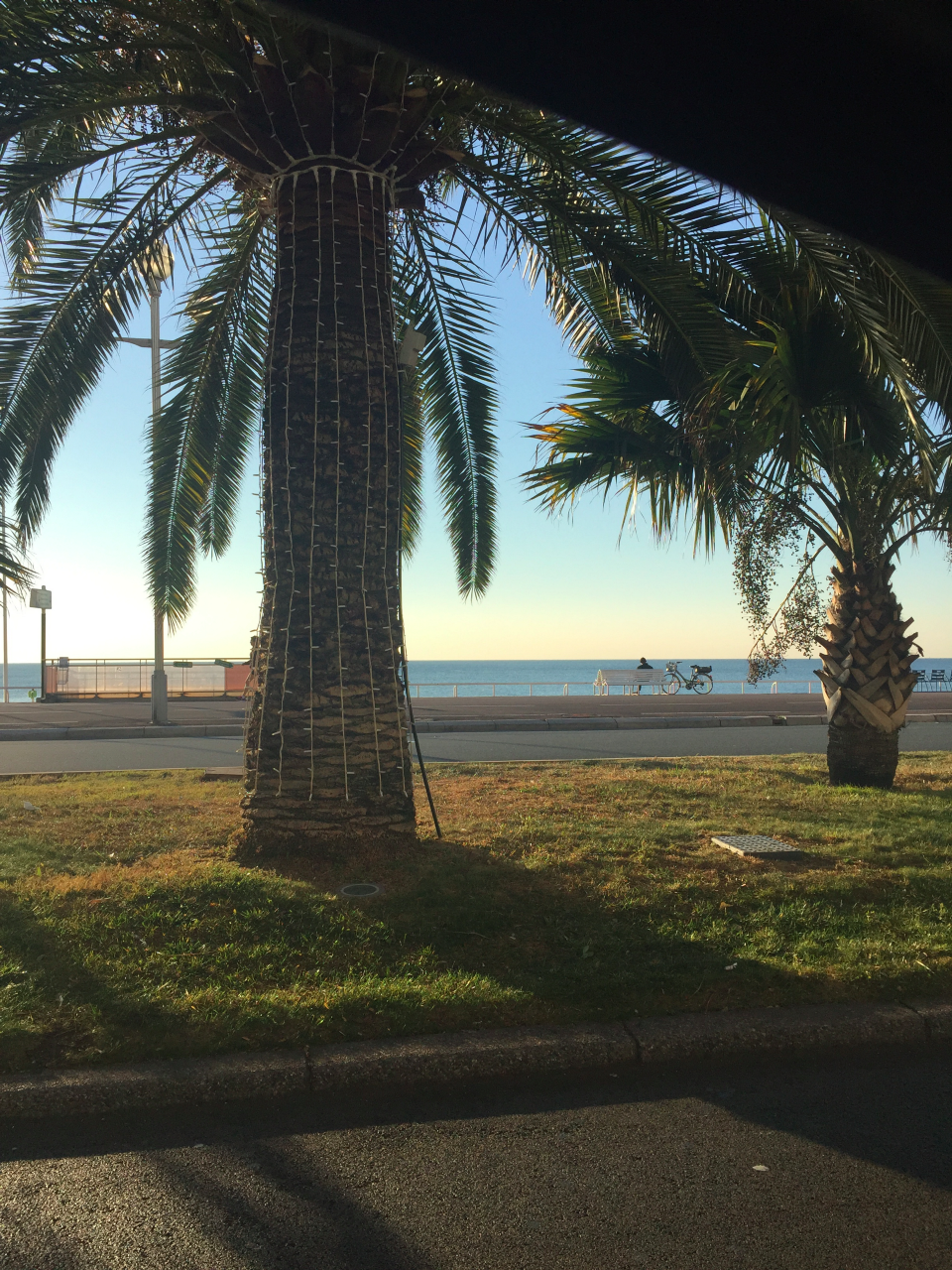When the Paris attacks occurred, I was in Santa Barbara, California, preparing for a long reporting trip weaving through Italy and then southeastern France. I was due to leave for Europe eight days later. Like most others, I was horrified by the slaughter, by the senselessness of indiscriminate murder.
But I was also selfishly worried about what it would mean for the upcoming expedition, and about the ease of getting European law enforcement officials to address my more trivial line of questioning: Why was I reporting on truffles when there were people dying in the streets?
I was forced to email potential French translators in Paris at the worst possible moment, in the direct wake of the attacks. “First, I hope you, your family, and friends are okay, and am thinking of Paris at this time,” I began, before explaining the details.
“As a professional who has worked for French media for almost 20 years,” one of them wrote back, “I would strongly suggest that you try to change your plans and come once things calm down here.”
The fixer that ended up helping me was more direct and more hopeful: “I & my family are ok. but some friends lost very closed friends at Le Bataclan that night. And we still have to wait for the last people killed still unknown….Anyway, show must go on right?!”
The show did go on, without many hitches. I drove a rental car from Rome, all the way up to the northern Italian coast, where I dropped it off before racing to catch the evening train to Nice.
Nice at night is beautiful, in the way only stone lit by French streetlights can be. I walked around some of the main boulevards aimlessly before finding a quiet, empty bistro not far from the train station. A friendly, older couple greeted me inside. They didn’t have an English menu, so the woman led me back into the kitchen, where she showed me the fish and potatoes I’d be eating if I agreed to stay. I ordered some wine and sat at a table near the windows. I was their only customer.
She asked me where I was from. When I said Los Angeles, her eyes widened in what I thought was excitement. “San Bernardino,” she said. I thought she was indicating that she’d vacationed there or had relatives in the area, so I asked her something to that effect. She shook her head and repeated the words. San Bernardino. She was speaking in French, but I finally understood something about terror or violence, that something dark had occurred. Like Paris, she said.

(Photo: Ryan Jacobs)
It was December 3rd, one day after the attack. I wasn’t using data on my phone, and it was the first I’d heard of it. I couldn’t communicate with her directly, but we felt a connection and some solidarity when I understood. I’d come into one landscape of terror, only to be told that another was now waiting for me back at home.
The next morning, I picked up my second car at the Nice train station. And after missing a turn, I decided to orient myself by heading the other direction, out to a promenade by the sea. The morning light was bright, and the cloudless sky was blue. There was a yellow-orange glow out where the water met the sky. As I drove, I snapped a photograph of the palms. A man sat with his bicycle, peering out at the water.
By the time I returned to the United States, San Bernardino was already being treated like old news, meaning Paris seemed older still.
We now have a new tragedy, daring to be made old. Earlier tonight, a truck slammed into a crowd of people gathered on Promenade des Anglais to celebrate Bastille Day in Nice. The same peaceful and bright road I drove on that December morning now stands dark, littered with innocent bodies.
And now I’m thinking about that old woman back at the bistro, about the human bond we shared over mass murder. I hope she and her husband are safe and that their family and friends are OK. I “am thinking of [Nice] at this time.”
But, mostly, I feel numb.





